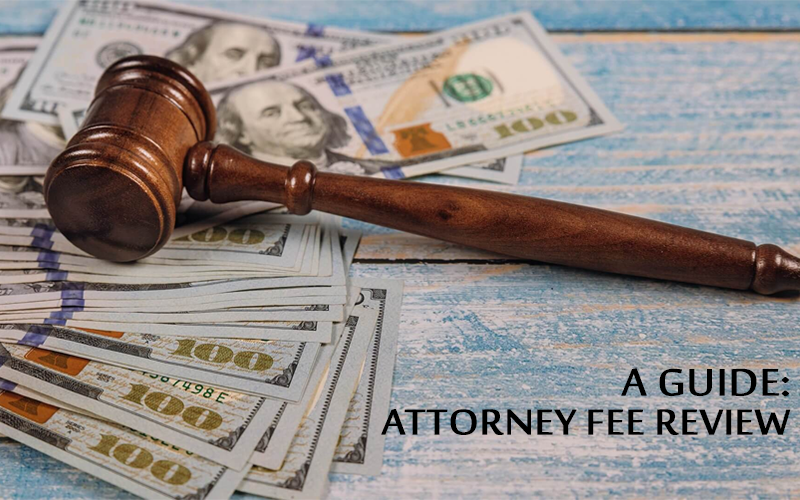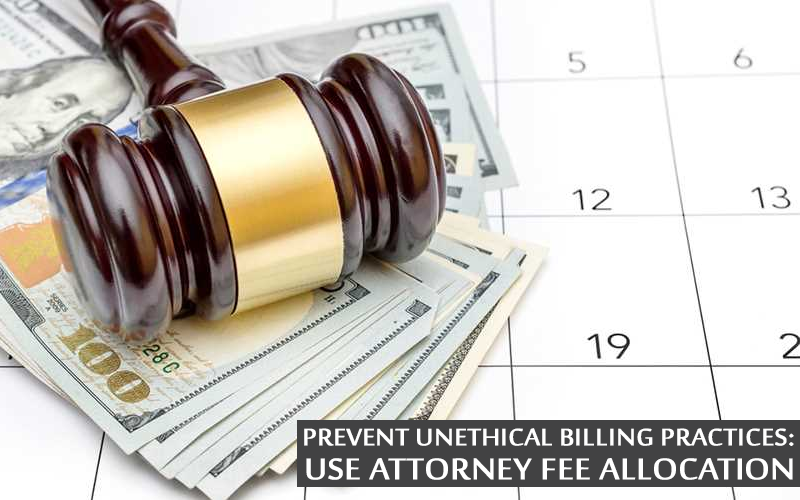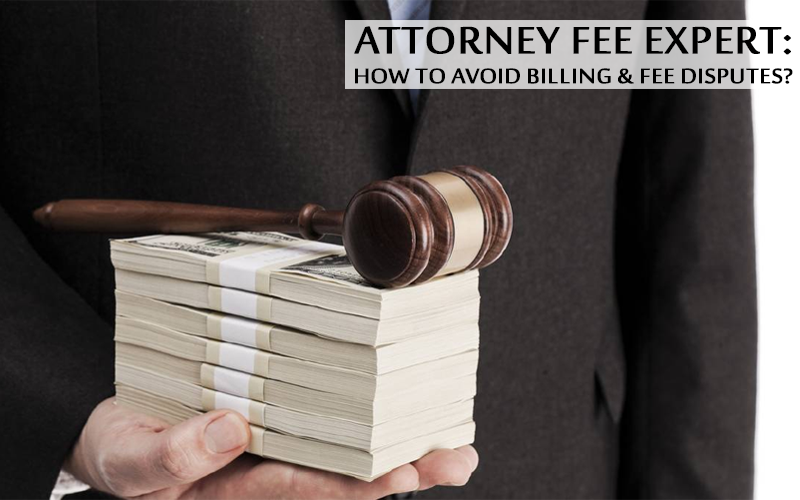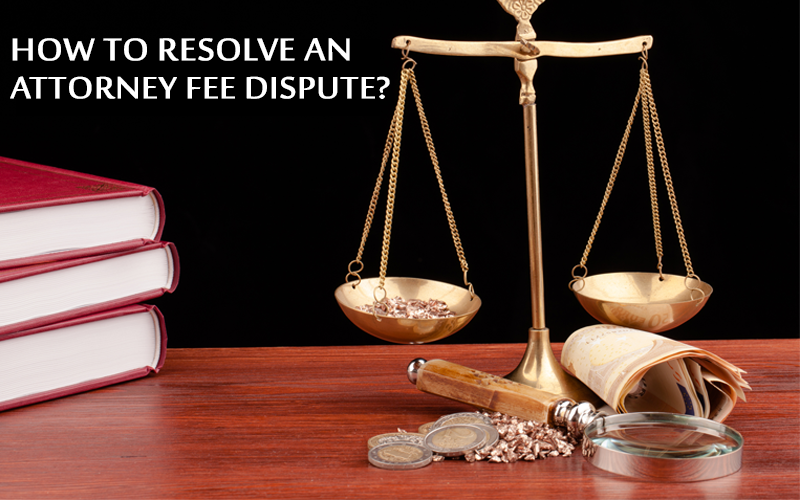Given their unfamiliarity with the nature of the job, most clients are unaware of the criteria used by attorneys for calculating their expenses. Taking unfair advantage of their position, certain attorneys deliberately inflate their attorney fee charges. Notorious for undertaking pointless tasks, block billing, overbilling and pushing over their high turn-over charges to their clients, some attorneys are heavily engaged in unethical practices. Thus, regardless of the situation, clients must make sure they conduct an ‘attorney fee review’ of the bills that are sent over by their attorney.
A reality check for both an attorney and a client, determining whether a fee is reasonable or unreasonable is subject to a variety of factors. Following are the criteria for evaluating the reasonableness of an attorney’s fees:
- The number of time limitations placed on the attorney, e.g. need urgent legal counsel;
- The experience of the attorney;
- The specific area of law the Attorney specializes in;
- The average fee charged by other legal counsels dealing with the same nature of work;
- The degree of responsibility involved in the lawsuit;
- The Attorney’s third-party expenses of doing business, e.g., firm size, equipment cost, phone call bills, rent, etc.
- The nature of the relationship present between the Attorney and the client;
With attorney fee disputes becoming increasingly common, attorneys can carry out their regular fee analysis to ensure they’re providing the quality and range of services their client expects from them. Following are the questions that an attorney should consider when billing their client for the legal services provided:
- Were the legal services provided by the attorney necessary, efficient, and reasonable?
- Was the attorney able to achieve the client’s goals?
- Were the results achieved by the attorney considered successful by the client?
- Was the client able to receive a fair value for the legal services provided?
- Was the client aware of the fee/charges they will be billed for the services they acquire?
- Was the client familiar with the approximate amount of time that will be required for the legal services?
- Did the legal expertise involve any form of peculiar expertise, which was beyond the skill set of an average attorney?
- Was the client informed during the services being performed and the expenses incurred?
- Were frequent billing statements sent to the clients?
- Did the attorney discuss the impact certain strategies and legal options may have on billed charges?
How does Cooper Law help In An Attorney Fee Review?
A nationally-reputed law firm, Cooper Law, makes use of Lauditors, which is a computational software. This use of assisted technology allows their team to unravel large quantities of legal billing in an efficient manner. Having established their expertise, Cooper Law is known for its attorney fee review, analysis and resolution. Spearheaded by a dynamic approach, their team conducts simultaneous and retrospective review of legal charges reviews all possible outcomes through arbitration or trial and also provides expert testimonies. Equipped with 40 years of experience, their team conducts a thorough examination of each key detail.




